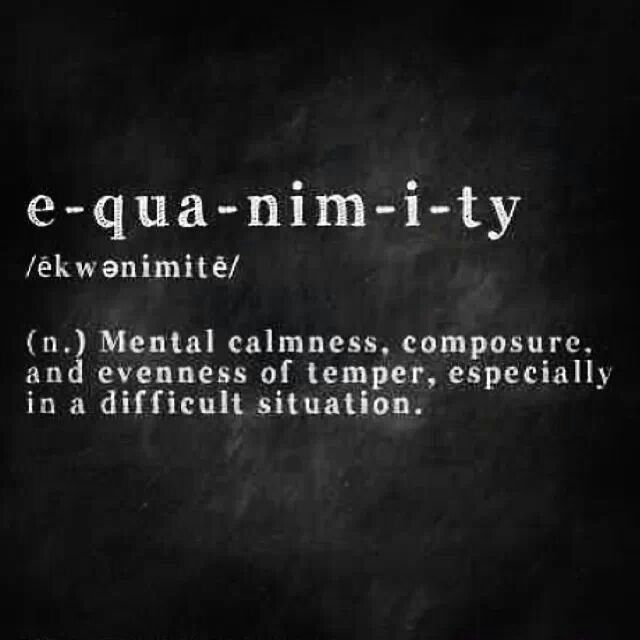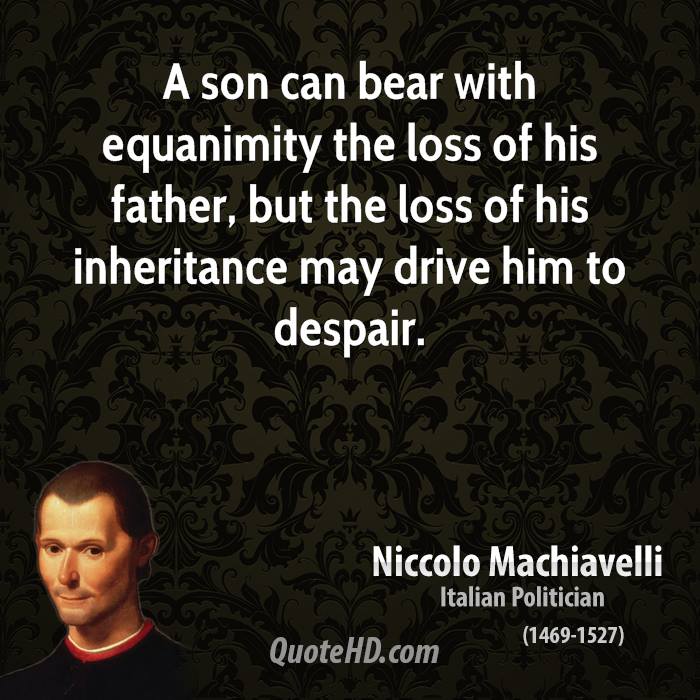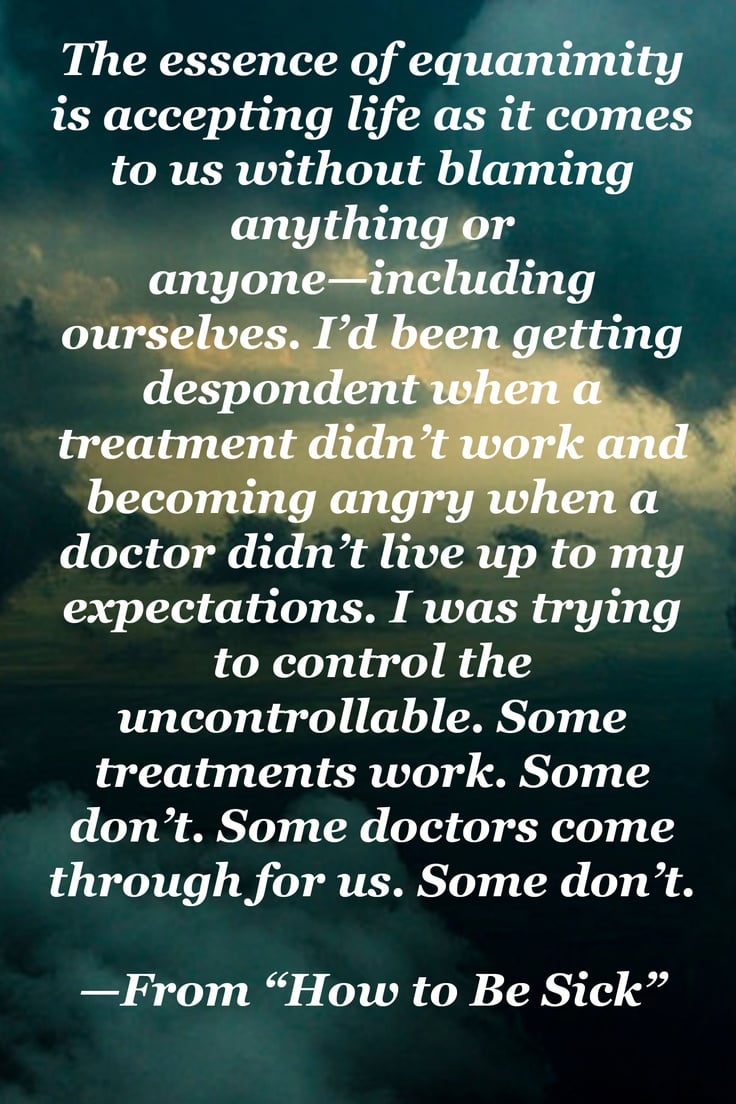Let me tell you something, folks. Life can feel like a wild rollercoaster sometimes, filled with ups and downs that leave you feeling all over the place. But what if I told you there’s a way to find calm amidst the chaos? Enter equanimity quotes—those little gems of wisdom that help steady your mind and soul. Whether you’re navigating stress, uncertainty, or just need a reminder to breathe, these quotes are here to guide you toward balance and inner peace.
Now, I know what you're thinking: "Equanimity? Isn't that some fancy word philosophers throw around?" Well, yeah, it is. But don't let that scare you off. At its core, equanimity means maintaining composure and mental stability no matter what life throws at you. And lucky for us, there are tons of amazing quotes out there that break it down in ways we can all understand.
So, whether you're scrolling through social media, sitting in meditation, or just trying to get through the day, equanimity quotes can be your secret weapon. Stick with me, and we'll dive deep into why they matter, how they work, and where to find the best ones. Trust me, by the end of this, you’ll be armed with enough wisdom to tackle anything life throws your way.
Read also:Maine Bulldogs Basketball Jalen The Rising Star On The Court
What Are Equanimity Quotes?
Alright, let's start with the basics. Equanimity quotes are basically nuggets of insight from wise folks—both ancient and modern—who’ve figured out how to stay calm under pressure. These aren’t just random phrases; they’re carefully crafted words designed to shift your perspective and help you face challenges with grace. Think of them as mental tools that remind you to take a step back, breathe, and respond thoughtfully instead of reacting impulsively.
Here’s the deal: life isn’t always fair. Sometimes things go wrong, people disappoint, and emotions run high. That’s where equanimity comes in. It’s about finding that sweet spot where you’re not overly excited by success or crushed by failure. And equanimity quotes? They’re like little road signs pointing you in the right direction.
For example, one of my favorites is from the Buddha himself: "In the sky, there is no distinction of east and west; people create distinctions out of their own minds and then believe them to be true." See? Simple yet powerful. This kind of wisdom can transform the way you approach life’s twists and turns.
Why Do Equanimity Quotes Matter?
Let’s talk about why these quotes are so important. In today’s fast-paced world, it’s easy to get caught up in drama, stress, and anxiety. We’re constantly bombarded with notifications, deadlines, and expectations, and it can feel overwhelming. That’s where equanimity quotes come in—they act as anchors, keeping you grounded when everything else feels chaotic.
Think about it. When you’re feeling stressed, what’s the first thing you do? Maybe you lash out, shut down, or spiral into negativity. Equanimity quotes remind you to pause, reflect, and respond from a place of clarity rather than emotion. They help you cultivate resilience, patience, and emotional intelligence—all essential skills for navigating modern life.
Plus, they’re versatile. You can use them during meditation, write them in a journal, or even set them as phone wallpapers. The more you engage with these quotes, the more they become part of your mindset. It’s like planting seeds of calm in your mind, and over time, those seeds grow into a forest of inner peace.
Read also:What Size Is A 9 Inch Pizza A Deep Dive Into Pizza Perfection
Top 10 Equanimity Quotes to Inspire You
Now, let’s get to the good stuff. Here are ten of the most powerful equanimity quotes that’ll leave you feeling centered and inspired:
- “Equanimity is not dullness of mind, it is clarity of mind.” – Ajahn Chah
- “Do not be tossed back and forth like a wave… Be steadfast as a mountain.” – Buddha
- “Happiness can exist only in acceptance.” – George Orwell
- “The best way to find yourself is to lose yourself in the service of others.” – Mahatma Gandhi
- “Peace is not the absence of conflict, but the ability to cope with it.” – Mahatma Gandhi
- “Accept what is, let go of what was, and have faith in what will be.” – Sonia Ricotti
- “In the end, only three things matter: how much you loved, how gently you lived, and how gracefully you let go of things not meant for you.” – Buddha
- “When you let go of what you are, you become what you might be.” – Lao Tzu
- “The mind is everything. What you think, you become.” – Buddha
- “Happiness is not something ready-made. It comes from your own actions.” – Dalai Lama
See how each of these quotes offers a unique perspective on staying calm and centered? They’re like little life hacks wrapped in poetic language. Keep coming back to them whenever you need a reminder to breathe and stay steady.
How to Practice Equanimity Using Quotes
Knowing about equanimity is one thing, but practicing it is another. So, how do you incorporate these quotes into your daily life? Here are a few tips:
First, choose a quote that resonates with you and write it down somewhere visible. Your bathroom mirror, fridge, or desk are great options. Every time you see it, take a moment to reflect on its meaning. Let it sink in and influence your thoughts and actions.
Next, try integrating these quotes into your mindfulness practice. If you meditate, repeat your favorite quote as a mantra. Or, if journaling is your thing, write about how the quote applies to your current situation. The key is to make it personal and actionable.
Finally, don’t be afraid to share these quotes with others. Sometimes, the best way to solidify a lesson is by teaching it to someone else. Who knows? You might inspire someone else to cultivate their own sense of equanimity.
Understanding the Power of Mindfulness
Equanimity isn’t just about quoting wise people; it’s deeply rooted in mindfulness. Mindfulness is the practice of being present and fully engaged with the moment without judgment. It’s about observing your thoughts and feelings without getting swept away by them. And equanimity quotes? They’re like cheat codes for mindfulness.
When you read a quote like “Accept what is, let go of what was,” it encourages you to focus on the present moment. It reminds you that dwelling on the past or worrying about the future only steals your peace. By practicing mindfulness, you develop the ability to observe your thoughts and emotions with clarity and detachment, which is the essence of equanimity.
And here’s the best part: mindfulness doesn’t require any special equipment or fancy techniques. All you need is a willingness to pay attention. Start small—maybe five minutes a day—and gradually increase as you feel comfortable. Over time, you’ll notice a shift in your mindset, and those equanimity quotes will start making even more sense.
Equanimity Quotes in Action: Real-Life Examples
Okay, so we’ve talked a lot about theory, but how does this play out in real life? Let me give you a few examples:
Imagine you’re stuck in traffic on your way to an important meeting. Instead of getting frustrated and honking your horn, you remember the quote “Peace is not the absence of conflict, but the ability to cope with it.” Suddenly, you realize that getting upset won’t change the situation. Instead, you take a deep breath, turn on some calming music, and focus on what you can control.
Or consider a situation where someone says something hurtful to you. Instead of reacting immediately, you recall the quote “Happiness can exist only in acceptance.” You acknowledge your feelings, but you also recognize that their words don’t define your worth. This shift in perspective allows you to respond with grace instead of anger.
These are just a couple of examples, but the possibilities are endless. Equanimity quotes have the power to transform even the smallest moments into opportunities for growth and self-awareness.
Building Resilience Through Equanimity
Resilience is all about bouncing back from adversity, and equanimity plays a crucial role in that process. When you cultivate equanimity, you develop the ability to face challenges without losing your cool. You learn to see setbacks as learning opportunities rather than failures. And you build the mental strength to keep moving forward, no matter what.
One of my favorite quotes on this topic is from Nelson Mandela: “The greatest glory in living lies not in never falling, but in rising every time we fall.” This perfectly captures the essence of resilience. Life will knock you down, but equanimity gives you the tools to get back up.
So, how do you build resilience using equanimity quotes? Start by choosing a quote that speaks to perseverance and strength. Repeat it to yourself whenever you’re facing a tough situation. Use it as a reminder that you’re stronger than you think and capable of overcoming anything that comes your way.
Key Strategies for Building Resilience
- Practice self-compassion and kindness
- Focus on solutions, not problems
- Surround yourself with supportive people
- Engage in activities that boost your mood
Remember, resilience isn’t built overnight. It takes practice, patience, and a willingness to grow. But with the right mindset—and a few well-chosen quotes—you can become unstoppable.
Equanimity Quotes in Different Cultures
Equanimity isn’t just a Western concept; it’s a universal principle that transcends cultures and traditions. Let’s explore how different cultures interpret and express this idea through quotes:
Buddhist Perspective
In Buddhism, equanimity is considered one of the four divine abodes (brahmaviharas), along with loving-kindness, compassion, and joy. A famous Buddhist quote on equanimity is: “Equanimity is the balanced state of mind that is neither attached to pleasure nor averse to pain.” This reflects the Buddhist emphasis on detachment and acceptance.
Hindu Perspective
Hinduism also emphasizes equanimity, often referred to as “sthitha prajna” in Sanskrit. The Bhagavad Gita teaches that true wisdom lies in maintaining a steady mind regardless of external circumstances. One of my favorite quotes from the Gita is: “A man attains peace only when he casts off all desires and becomes free from longing and the sense of ‘I’ and ‘mine.’”
Western Philosophy
Even Western philosophers have weighed in on equanimity. Stoicism, for example, teaches that we should focus on what we can control and accept what we cannot. Marcus Aurelius once said, “You have power over your mind—not outside events. Realize this, and you will find strength.” Sound familiar? It’s essentially the same idea as equanimity, just expressed in a different way.
Equanimity Quotes for Specific Situations
Not all equanimity quotes are created equal. Some are better suited for certain situations than others. Here’s a breakdown of quotes for different scenarios:
Stress and Anxiety
- “Do not dwell in the past, do not dream of the future, concentrate the mind on the present moment.” – Buddha
- “When you are content to be simply yourself and don’t compare or compete, everyone will respect you.” – Lao Tzu
Grief and Loss
- “In the end, everything will be okay. If it’s not okay, it’s not the end.” – Unknown
- “The pain passes, but the beauty remains.” – Claude Debussy
Conflict and Anger
- “An enemy can destroy you, but only you can destroy yourself with anger.” – Buddha
- “Speak when you are angry, and you will make the best speech you will ever regret.” – Ambrose Bierce
See how specific quotes can address specific challenges? This makes them even more powerful because they speak directly to your situation.
The Science Behind Equanimity
Believe it or not, equanimity has a scientific basis. Studies have shown that practicing mindfulness and equanimity can actually rewire your brain, making you more resilient and less reactive. When you cultivate equanimity, you reduce activity in the amygdala—the part of the brain responsible for fear and stress responses—and increase activity in the prefrontal cortex, which handles reasoning and decision-making.
This shift has numerous benefits, including improved focus, better emotional regulation, and enhanced overall well-being. In fact, researchers have found that people who practice mindfulness and equanimity report lower levels of stress, anxiety, and depression. So, it’s not just some fluffy spiritual concept


